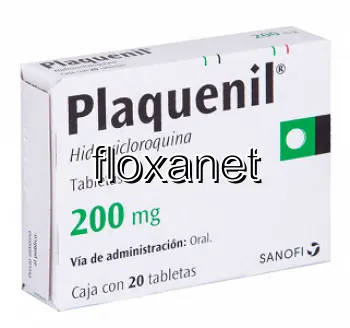| Package | Dosage | Price | Price per Dose | |
|---|---|---|---|---|
| Dosage: 200mg | ||||
| 360 pill | 200mg | €264.39 | €0.73 | |
| 270 pill | 200mg | €212.69 | €0.79 | |
| 180 pill | 200mg | €152.76 | €0.85 | |
| 120 pill | 200mg | €117.50 | €0.98 | |
| 90 pill | 200mg | €101.05 | €1.13 | |
| 60 pill | 200mg | €74.02 | €1.23 | |
| 30 pill | 200mg | €41.12 | €1.37 | |
| 20 pill | 200mg | €29.37 | €1.47 | |
| 10 pill | 200mg | €16.44 | €1.65 | |
| Dosage: 400mg | ||||
| 360 pill | 400mg | €397.18 | €1.10 | |
| 270 pill | 400mg | €343.13 | €1.27 | |
| 180 pill | 400mg | €263.22 | €1.46 | |
| 120 pill | 400mg | €202.11 | €1.68 | |
| 90 pill | 400mg | €166.86 | €1.86 | |
| 60 pill | 400mg | €122.20 | €2.03 | |
| 30 pill | 400mg | €66.97 | €2.23 | |
| 20 pill | 400mg | €49.34 | €2.47 | |
| 10 pill | 400mg | €27.02 | €2.70 | |

Hydroxychloroquine Description
Overview of Hydroxychloroquine
Hydroxychloroquine is a medication commonly used in the treatment of autoimmune diseases such as rheumatoid arthritis and lupus erythematosus. It belongs to the class of drugs known as antimalarials, and has been widely prescribed for decades. Its primary function is to modulate the immune system's activity, helping reduce inflammation and prevent tissue damage caused by overactive immune responses.
Mechanism of Action
The medication works by increasing the pH within certain intracellular compartments, which interferes with the function of immune cells and reduces the production of inflammatory mediators. Hydroxychloroquine also impacts the activity of Toll-like receptors, which play a role in immune signaling. This dual action helps dampen abnormal immune activity, providing relief from symptoms associated with autoimmune conditions.
Uses and Indications
Besides its role in managing autoimmune diseases, hydroxychloroquine gained attention for its proposed use in treating certain infectious diseases, notably malaria. Nowadays, it is primarily prescribed for conditions like systemic lupus erythematosus and rheumatoid arthritis, where it helps improve joint pain, skin lesions, and overall disease activity. Some patients also use it for off-label purposes, though always under medical supervision.
Effectiveness and Benefits
Many patients report significant improvement in their symptoms while taking hydroxychloroquine. It has a relatively favorable safety profile when used appropriately, and its long-term benefits include reduction in disease flares and improved quality of life. Regular monitoring is recommended to ensure therapeutic effectiveness and minimize potential side effects.
Potential Side Effects
While hydroxychloroquine is generally well tolerated, some individuals may experience side effects. Common issues include gastrointestinal discomfort, such as nausea or diarrhea. More serious but less common adverse effects involve eye problems, like retinopathy, which can lead to vision changes if not detected early. Skin reactions, headache, and muscle weakness are also possible. It is important for patients to have regular eye exams during prolonged therapy.
Precautions and Interactions
Before starting hydroxychloroquine, a thorough medical history is essential to identify any contraindications. Patients with pre-existing eye conditions, liver or kidney issues, or certain heart problems should be closely monitored. The medication can interact with other drugs, such as blood thinners or other antimalarials, so informing healthcare providers of all medications in use is crucial.
Usage Instructions
Hydroxychloroquine should be taken exactly as prescribed by a healthcare provider. Usually, it is administered once or twice daily, with food or a glass of water to reduce stomach upset. It is important not to alter doses or discontinue treatment without medical guidance. Consistent adherence is key to achieving the best therapeutic outcomes and minimizing risks.
Conclusion
Overall, hydroxychloroquine remains an important medication for managing certain autoimmune diseases. When used properly, it can significantly improve symptoms and disease progression. However, due to its potential side effects, especially with long-term use, regular medical check-ups are vital. Patients should always follow their healthcare provider’s advice and report any adverse effects promptly.
